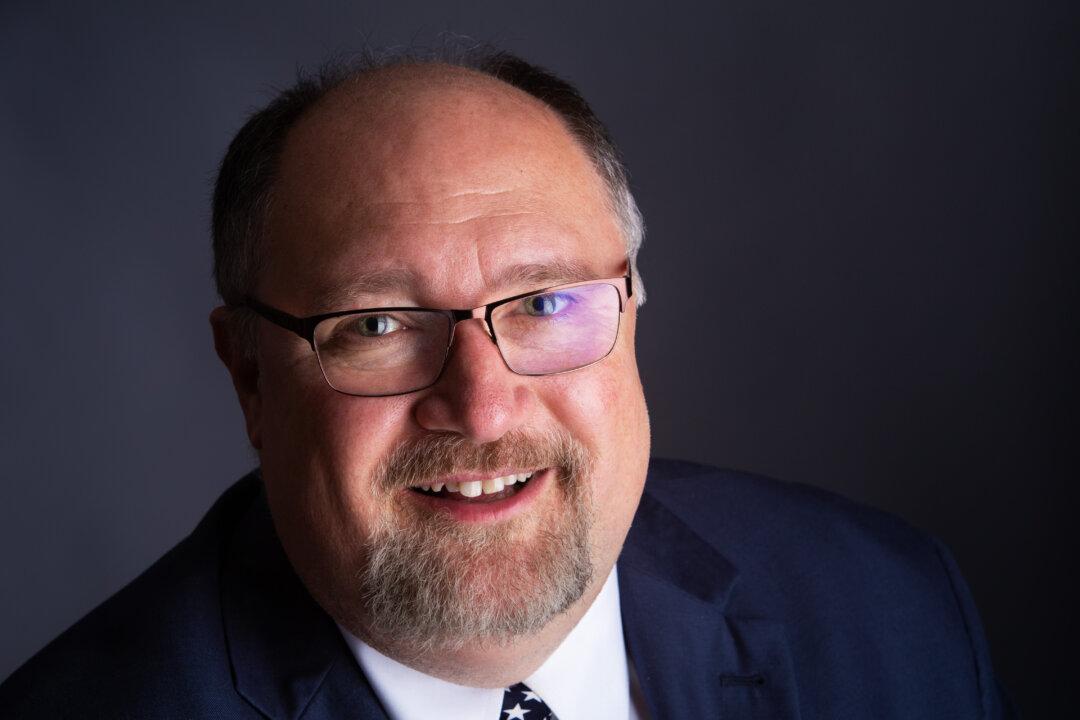It started with satire. After years of watching conservatives lambasted on stage, playwright Robert Cooperman thought, well, what about the other side?
There was much to make fun of on the left, and since he couldn’t find a single play with a conservative perspective, he decided that he would do it himself.






